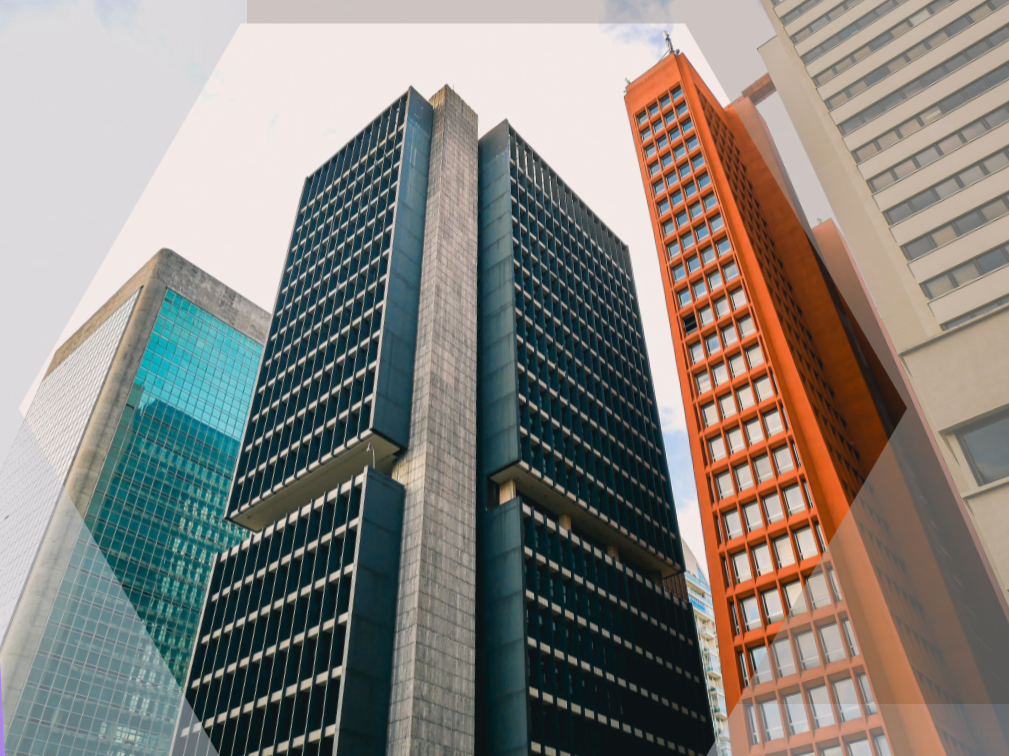The Role of Real Estate in Sustainable Urban Planning
https://buymeacoffee.com/kaysogy/the-role-real-estate-sustainable-urban-planning
As urban areas continue to expand, sustainable urban planning has become a critical focus for ensuring the longevity and health of our cities. Real estate plays a pivotal role in this endeavor, influencing how cities grow, function, and impact the environment. This article explores the intersection of real estate and sustainable urban planning, highlighting the strategies and benefits of integrating sustainability into property development.
Understanding Sustainable Urban Planning: Sustainable urban planning involves designing and managing urban spaces in a way that meets the needs of the present without compromising the ability of future generations to meet their own needs. This approach prioritizes environmental stewardship, social equity, and economic viability.
The Role of Real Estate in Sustainability
Green Building Practices: Incorporating green building practices is essential for reducing the environmental footprint of real estate developments. This includes using energy-efficient materials, implementing waste reduction strategies, and ensuring buildings are designed for optimal energy use.
Smart Home Technology: Smart home technology enhances the sustainability of residential and commercial properties. These technologies optimize energy consumption, improve security, and enhance the overall quality of life for occupants.
Mixed-Use Developments: Mixed-use developments, which combine residential, commercial, and recreational spaces, promote sustainable urban growth by reducing the need for long commutes, thereby decreasing traffic congestion and pollution.
Green Spaces and Urban Landscaping: Integrating green spaces within urban areas not only improves air quality but also provides residents with areas for recreation and relaxation. Real estate developments that include parks, gardens, and other green spaces contribute significantly to the sustainability of urban environments.
Benefits of Sustainable Real Estate Development
Environmental Benefits: Sustainable real estate development reduces carbon footprints, conserves natural resources, and minimizes pollution. These practices help mitigate the impacts of climate change and protect biodiversity.
Economic Benefits: Properties built with sustainable practices often have lower operating costs due to energy efficiency and reduced waste. Additionally, these properties tend to attract environmentally conscious tenants and buyers, potentially leading to higher property values and occupancy rates.
Social Benefits: Sustainable urban planning promotes social equity by ensuring access to green spaces, public transportation, and affordable housing. This leads to healthier, more vibrant communities where residents can thrive.
Implementing Sustainable Real Estate Practices
Adopting Green Certifications: Real estate developers should strive for green certifications such as LEED (Leadership in Energy and Environmental Design) to demonstrate their commitment to sustainability. These certifications provide guidelines and standards for building eco-friendly properties.
Utilizing Digital Property Management: Implementing digital property management tools can enhance the efficiency and sustainability of real estate operations. These tools help monitor energy usage, manage maintenance schedules, and optimize resource allocation.
Engaging Stakeholders: Successful sustainable urban planning requires collaboration between developers, local governments, and community members. Engaging stakeholders ensures that development projects meet the needs of the community while adhering to sustainability goals.
Investing in Renewable Energy: Incorporating renewable energy sources such as solar panels and wind turbines into real estate developments can significantly reduce reliance on fossil fuels and lower greenhouse gas emissions.
The Future of Sustainable Real Estate: The future of sustainable real estate is promising, with increasing awareness and demand for eco-friendly living and working spaces. Advances in technology and stricter environmental regulations will continue to drive innovation in sustainable real estate practices. Developers who prioritize sustainability will be well-positioned to meet the needs of future generations and contribute to the creation of resilient, livable urban environments.
Conclusion: Real estate plays a crucial role in sustainable urban planning by shaping how cities are built and operated. By adopting green building practices, utilizing smart home technology, and creating mixed-use developments with ample green spaces, the real estate industry can significantly contribute to the sustainability of urban areas. The benefits of such practices are manifold, encompassing environmental protection, economic viability, and social well-being. As we look to the future, integrating sustainability into real estate development will be essential for creating resilient and thriving urban communities.

Comments
Post a Comment